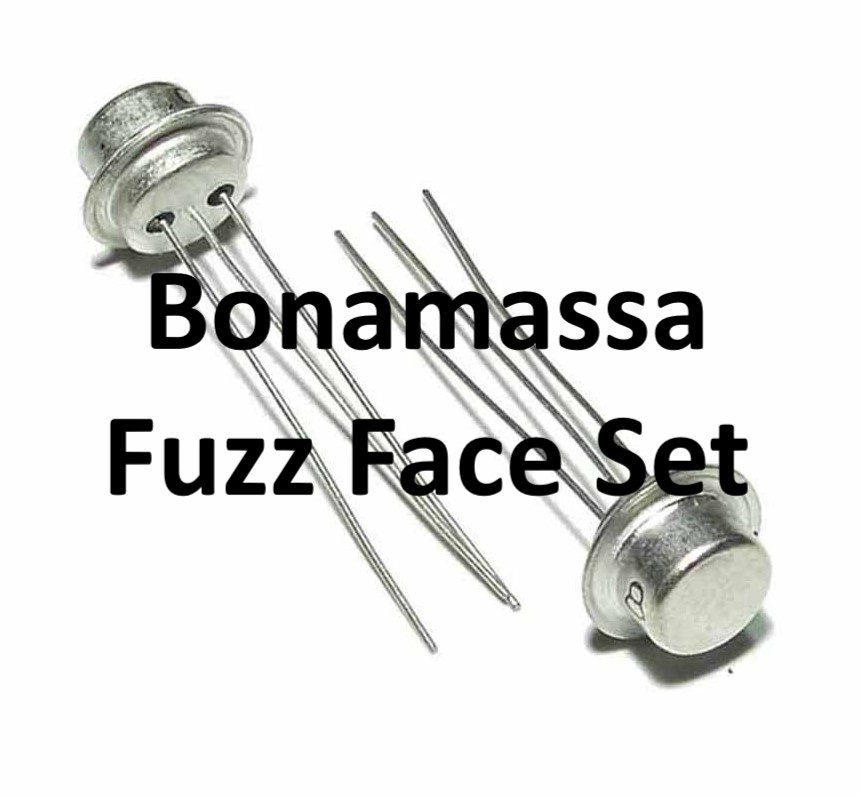If these are your first builds, I'd hit the pause button for a second.
Ordering a set of pre-matched transistors for those builds, or sticking to silicon, would be my recommendation. Maybe even asking nicely here and someone would set you up with a pair. Do you have a means/knowledge to measure/match leakage?
I'll echo
@MBFX , Ge
is a huge pita. So much so that, personally, I'm almost over it. It's almost not worth the financial turmoil and time to me at this point. I would also caution, that if you do go down the Russian Ge road, take notes and ask questions about which ones to order for which circuit. Even then, you may order 40 and find only a few, at best, that hit the needed specs. You can't really trust the published specs on sovcom's listings. Maybe I've just have bad luck but I've bought several lots that all measured significantly lower than published specs. One in particular that measured in single digits hfe or diodes. I'm fairly sure most have been pre sorted/were rejects. This is the case for most Ge transistors today. In other words, a lot of them are useless.
Silicon fuzzes can sounds awesome, it doesn't have to be Ge. And it's way cheaper to get a variety of Si transistors.
TLDR:
Either order from a person/vendor that will sale you measured and matched setd(gain and leakage) or stick to Si for your first couple. It's very easy to waste a significant amount of money and time going deep down the Ge rabbit hole. I say all this because I don't want you, or any other new builders reading this in the future, to get frustrated early in your building career trying to chase the mojo ghost. And to answer your second set of questions regarding other mojo parts, no. Stick to new stock known good parts. You won't hear a tropical fish cap in a cranked fuzz. You will waste extra money and have to deal with the pita of trying to get that capacitor to fit the board/in the enclosure. Again, no need for the added frustration and cost starting out.
That's just like, my opinion man.
Happy building.
Edit:
P.S., I wouldn't trust Small bear to match any transistors at this point in time. I would go to pedal hacker before small bear in this instance.

guitarpcb.com



